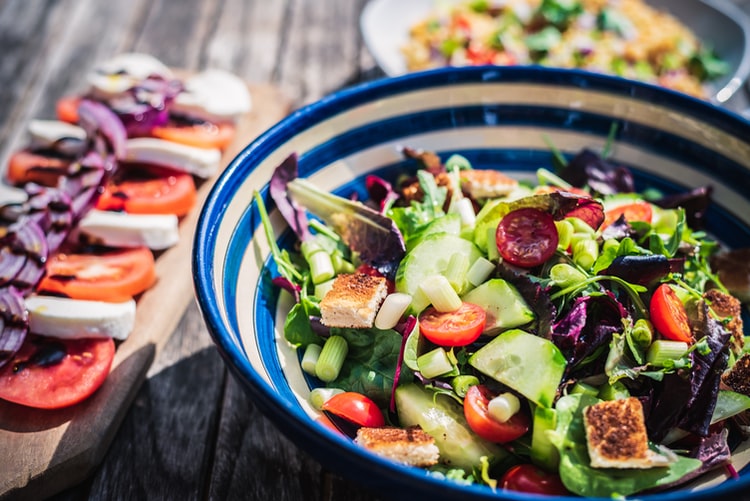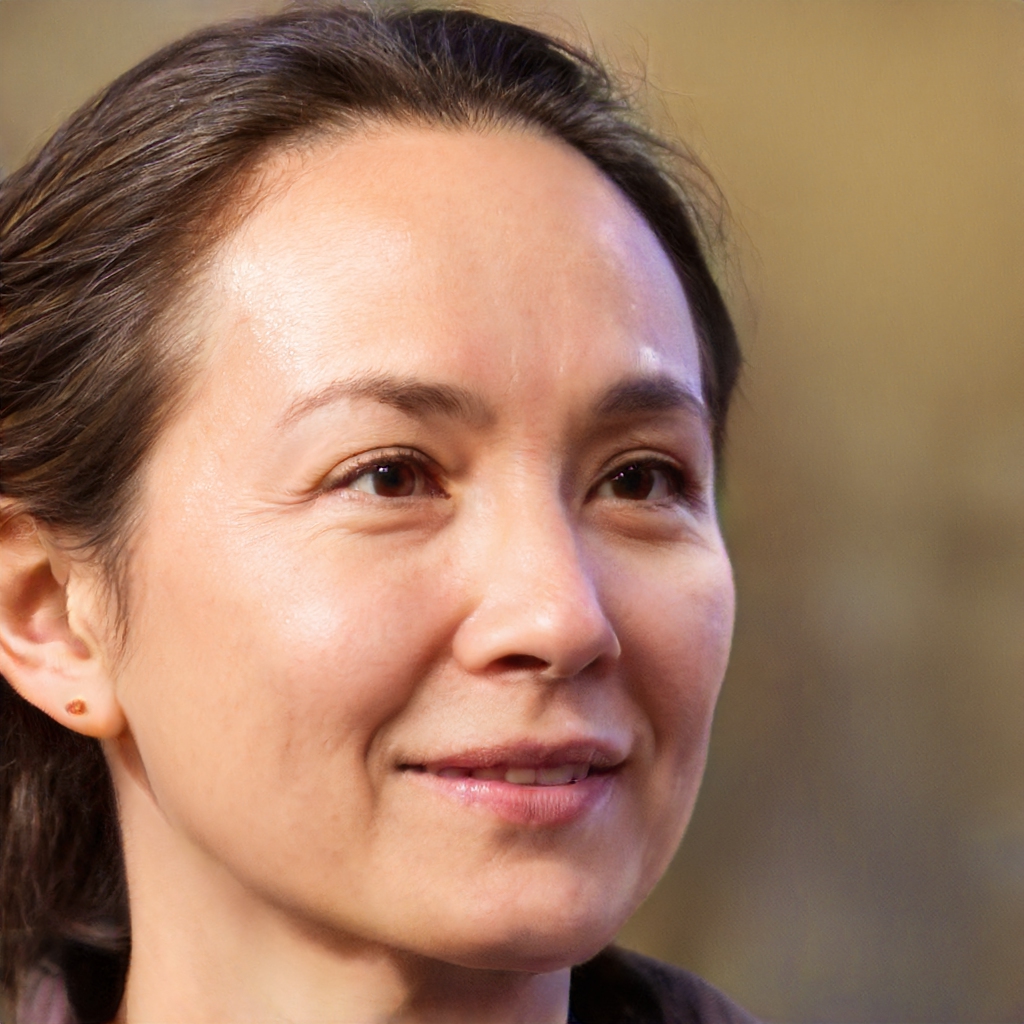What You should know about Heart Attack Recovery Diet
What you eat may need to change, but your ears probably won't grow.
Author:Sanah ConnorReviewer:Stefano MclaughlinJan 21, 2021117.9K Shares2.3M Views

Your diet is a crucial part of your heart attack recovery, and there's a fair number of diet related tidbits that will be shared here.
If you prefer a more specific approach, here are 4 well known diet plans in connection with heart attack recovery:
- The Mediterranean Diet - Like living in Greece... fish, vegetables, whole grains, olive oil, garlic, even wine, occasionally, but not much meat.
- The South Beach Diet - Initially low-carb and low-fat, this one has different stages - more restrictive at first and then gradually easing in more options.
- The Paleo Diet - No bread, dairy, or sugar. Eat like a caveman – hunt, fish, and gather your food which consists of meat, fish, eggs, and veggies, plus fruits and nuts.
- The Ornish Program - A vegetarian program that can be pretty tough to stick with for an extended period of time. However, if your situation is extreme, then your diet may need to be extreme, too - at least for a while.
The Diet Dilemma
Is Fat (cholesterol) Or Sugar The Problem... Or Both?
Most heart attack diets stress increased consumption of fruits and vegetables-for both fiber and nutrients, but they vary from that. There's more than one school of thought on what's actually behind the high percentage of heart attacks in the US in our diets, and perhaps what we shouldn't consume.
The Hypothesis Actually Preferred By Most Of Our Medical Professionals Is That Fat (specifically LDL – Labeled "bad" Fat) Is The Culprit
You eat cold water fish and chicken (a fraction of the size of the deck of cards) instead of other meat, filling 2/3 of your plate with fruit and vegetables, reducing milk to low fat or no fat, and cutting back on whole eggs. Any Trans Fats (read the labels) are a big no - these are quite prevalent in baked goods. Advocates of this theory, when asked why the French (who eat rich sauces on their food and butter on their croissants) do not have a high percentage of heart attacks, don't really have an answer.
Another school of thought that is gaining popularity is that inflammation is the real source of the problem, and while polyunsaturated fats (corn oil, sunflower oil, safflower oil, peanut oil and soybean oil) are denounced as inflammation generators, sugar also fanes flames of inflammation (and raises triglycerides).
Subscribing to this theory, your diet would focus on 1.) eliminating the oils mentioned, 2.) reducing all added sugar intake to less than 25 grams per day (just one cookie might have that much), and 3.) greatly limiting carbohydrate consumption since carbs are converted to sugar in your body. Advocates of this theory claim the anti-inflammatory effect of statin drugs, not the cholesterol lowering, is what is working.

Sanah Connor
Author
Sanah Connor is a Yoga Master and expert in Nutrition, holding a Master of Public Health in Nutrition from Harvard University. With over 15 years of experience in the field, Sanah specializes in creating personalized wellness plans that promote balanced nutrition, mindful eating, and physical fitness for optimal well-being.
Beyond her professional work, Sanah is an avid advocate of holistic living and wellness. She finds fulfillment in practicing meditation, cultivating organic gardening, volunteering for community health initiatives, and indulging in creative writing. These diverse interests reflect her commitment to a well-rounded and fulfilling life, enriching both her personal and professional endeavors.
Her mission is to inspire individuals to make informed choices and embrace holistic wellness for a happier, healthier life journey.

Stefano Mclaughlin
Reviewer
Stefano Mclaughlin is a Psychologist focused on mental health, emotional well-being, and healthcare policy. He studied Psychology and Public Health at the University of Massachusetts Amherst, gaining a deep understanding of the intersection between mental health and public policy.
Stefano's mission is clear: he aims to destigmatize mental health discussions, improve access to mental healthcare, and promote emotional well-being for all. Drawing from personal experiences with anxiety and depression, Stefano shares real stories to make mental health topics more relatable and less intimidating.
In addition to his advocacy work, Stefano enjoys delving into books, experimenting in the kitchen, and embarking on new adventures. These hobbies fuel his creativity and inspire fresh perspectives for his advocacy work.
Latest Articles
Popular Articles